UICC and the TNM Classification of Malignant Tumours
TNM (“Tumour”, “Nodes”, “Metastases”) cancer staging system is a globally recognised standard and unified system for classifying the extent of spread of cancer.
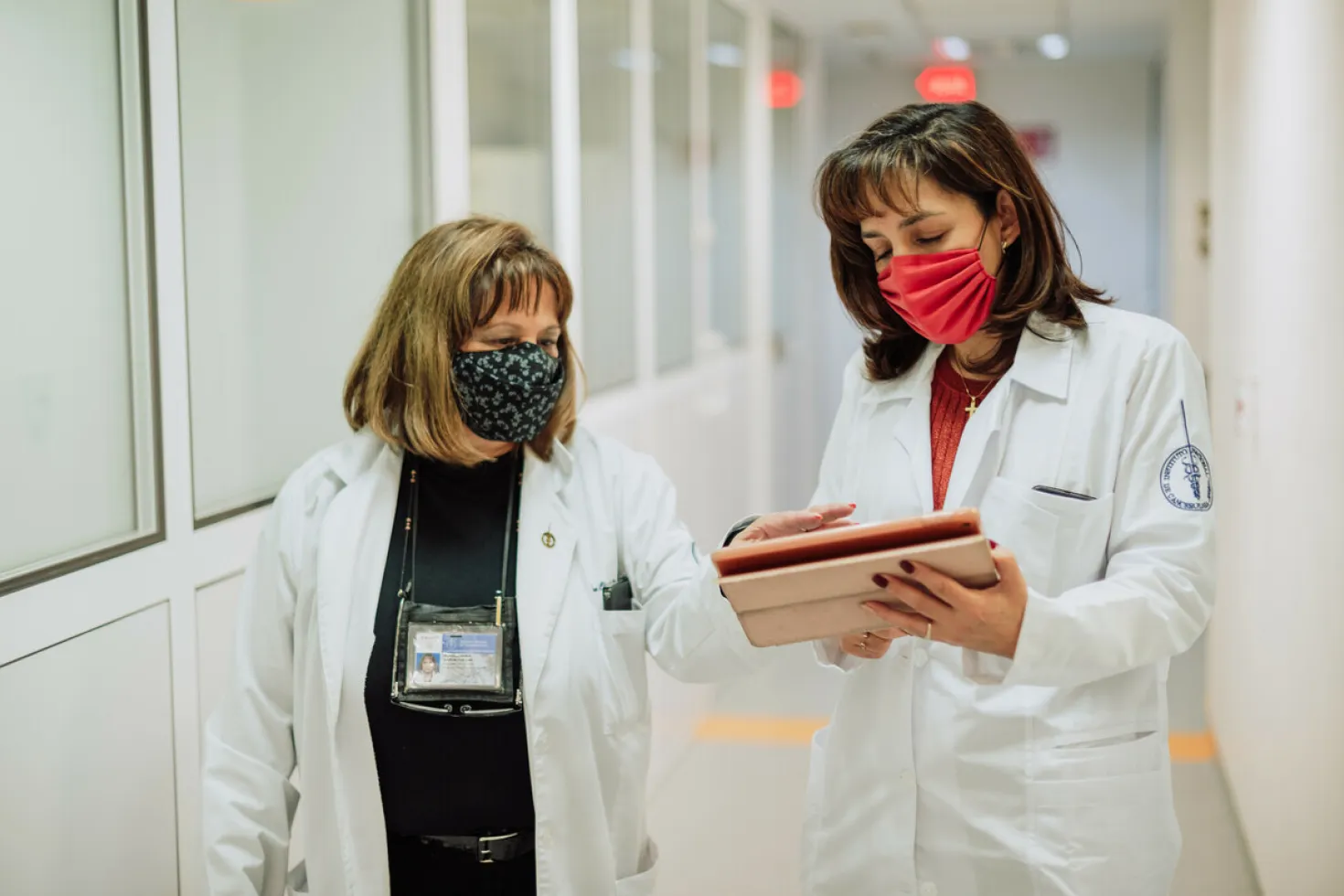
For over fifty years, UICC has worked through international collaboration to maintain TNM classification, a globally recognised standard and unified system for classifying the extent of spread of cancer.
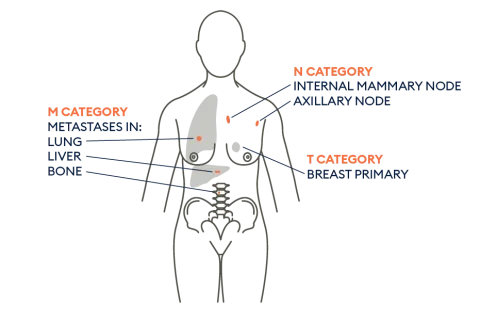
The Union for International Cancer Control continued the work on cancer staging and in the 1950s established a Special Committee on Clinical Stage Classification under the Chairmanship of Dr Denoix who later on became UICC’s President. The Committee and its direct descendant, the UICC TNM Prognostic Factors Project, continued to develop the TNM Classification. It subsequently became the most widely used cancer staging system in the world.
After a process of international consultations and reviews in 1958, the Union for International Cancer Control produced the first international TNM recommendation for breast and larynx cancers. In 1968 UICC published the first pocket book, now referenced as the UICC TNM Classification of Malignant Tumours.
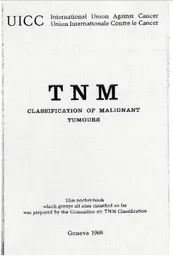
1st edition of the TNM Classification of Malignant Tumours, published by the International Union Against Cancer, as UICC was then known. UICC has continued updating the TNM system and publishing the TNM Classification of Malignant Tumours since 1968 and it is currently in its 9th edition. UICC also issues other cancer staging-related publications such as TNM Supplement and the TNM Atlas).
In addition, UICC collaborated with the International Agency for Research on Cancer (IARC) to develop the Essential TNM, which can be used to collect stage data when complete information is not available and is designed for use in cancer registries in resource-limited settings.
To improve and promote the correct use of the TNM Classification, UICC has developed a series of e-learning materials and maintains a helpdesk for TNM users.
Download this PDF for more on TNM's history, evolution and milestones
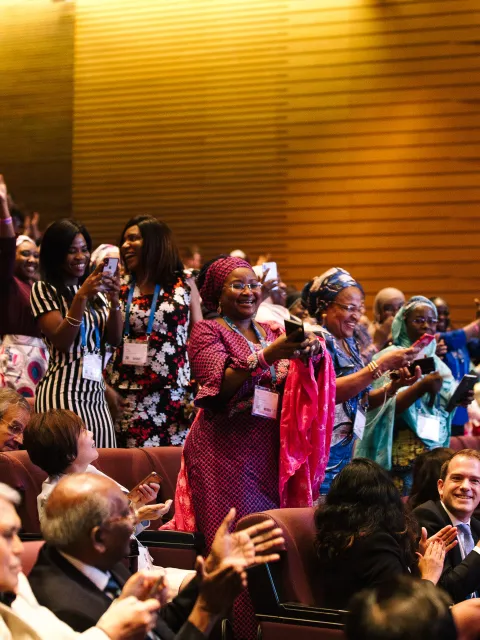
The Union for International Cancer Control (UICC) is the oldest and largest global membership organisation dedicated to the fight against cancer. UICC is the largest international cancer organisation representing all cancer types, across the cancer care continuum.
About UICC
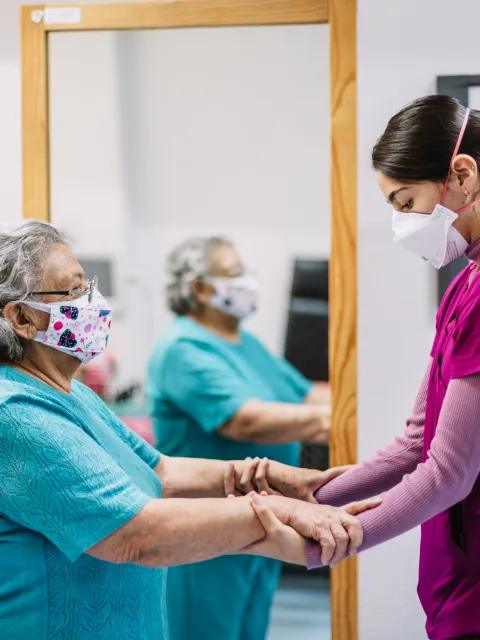
Cancer control aims to reduce the incidence, morbidity and mortality of cancer and to improve the quality of life of cancer patients in a defined population, through the systematic implementation of evidence-based interventions for prevention, early detection, diagnosis, treatment and supportive care.
What is cancer control?

Find out more about UICC's activities by reading our annual reports.
Annual reports

The UICC team is composed of over 40 passionate individuals eager to make a difference in the global action on cancer.
Our team
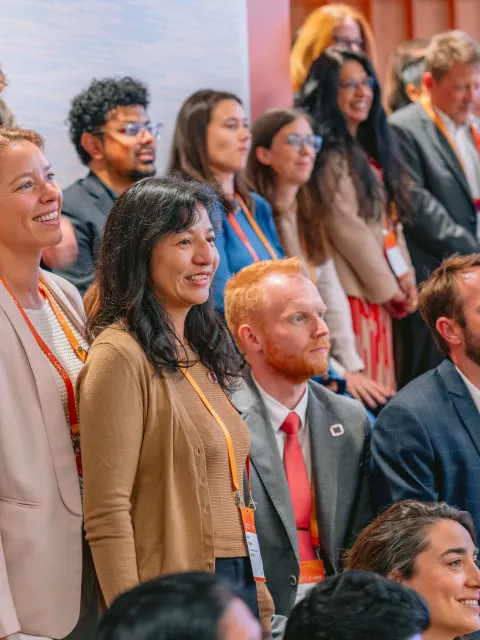
UICC reviews its long-term strategic ambitions every four years. It maps out the implementation through a rolling Business Plan.
UICC's roadmap
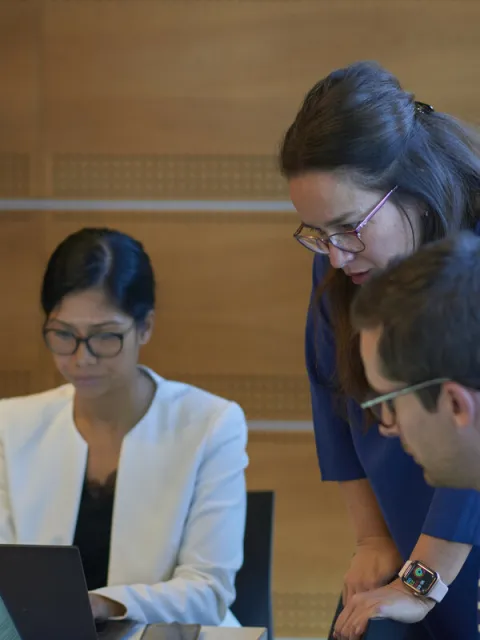
At UICC, issues of equity and gender equality in global health are embedded in the core functioning and vision of the organisation.
Equity and gender equality at UICC
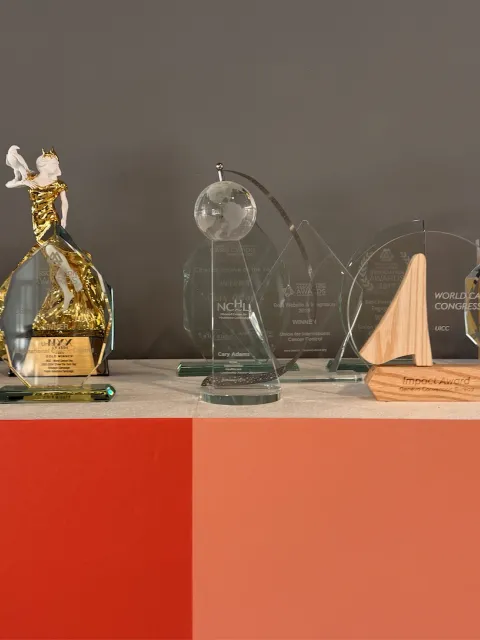
UICC has received or been shortlisted for a number of awards recognising its efforts in improving its various services to its members, partners and the general cancer community.
Recognition and awards
Last update
Monday 28 August 2023